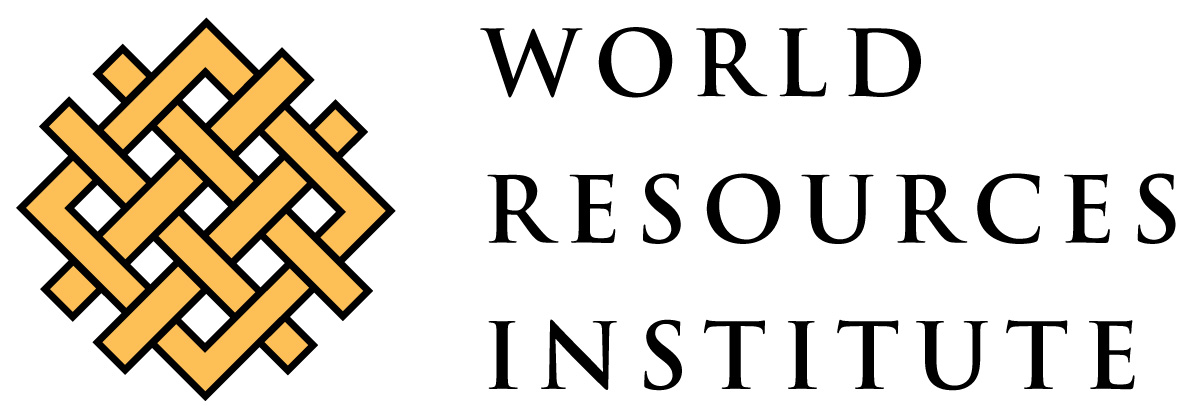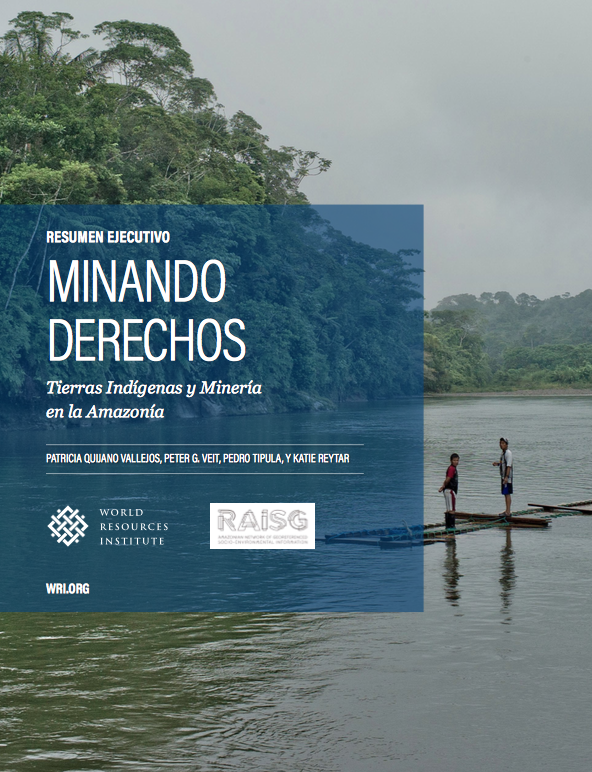Focal point
Location
World Resources Institute
The World Resources Institute is a global environmental think tank that goes beyond research to put ideas into action. We work with governments, companies, and civil society to build solutions to urgent environmental challenges. WRI’s transformative ideas protect the earth and promote development because sustainability is essential to meeting human needs and fulfilling human aspirations in the future.
WRI spurs progress by providing practical strategies for change and effective tools to implement them. We measure our success in the form of new policies, products, and practices that shift the ways governments work, companies operate, and people act.
We operate globally because today’s problems know no boundaries. We are avid communicators because people everywhere are inspired by ideas, empowered by knowledge, and moved to change by greater understanding. We provide innovative paths to a sustainable planet through work that is accurate, fair, and independent.
Resources
Displaying 11 - 15 of 93MINANDO DERECHOS
Por investigaciones anteriores de WRI, sabemos que las tasas de deforestación en tierras indígenas de laAmazonía son considerablemente más bajas que entierras no administradas por pueblos indígenas. Ahora,hemos aprendido por este informe, que la minería industrial y la minería ilegal a pequeña escala se produceen más del 20 por ciento de las tierras indígenas de laAmazonía y que las tasas de deforestación en tierras indígenas donde existe minería son signi cativamente más altas que en las tierras indígenas sin minería.
Beyond Title: How to Secure Land Tenure for Women
Introduces a new IIED blog series looking at principles to strengthen women’s land rights. Over the past 15 years pressures on land across sub-Saharan Africa have increased and these have tended to affect women more severely as they have little control over the land they traditionally use. Awareness of the importance of women’s land rights is higher than ever and global commitments to women’s land rights have never been stronger;yet there is no consensus on which strategies most effectively strengthen women’s land rights in practice.
Road to Restoration. A Guide to Identifying Priorities and Indicators for Monitoring Forest and Landscape Restoration
By declaring the Decade on Ecosystem Restoration, the UN has recognized that there are only 10 years left to restore the world's degraded land. Countries are striving to fight climate change by 2030 through their Paris Agreement commitments and the Sustainable Development Goals (SDGs). But in many cases, their climate and development agenda are disconnected, even though sustainability and development go hand in hand – especially for rural communities. The divide is particularly severe when it comes to restoring degraded land.
Road to Restoration. A Guide to Identifying Priorities and Indicators for Monitoring Forest and Landscape Restoration
By declaring the Decade on Ecosystem Restoration, the UN has recognized that there are only 10 years left to restore the world's degraded land. Countries are striving to fight climate change by 2030 through their Paris Agreement commitments and the Sustainable Development Goals (SDGs). But in many cases, their climate and development agenda are disconnected, even though sustainability and development go hand in hand – especially for rural communities. The divide is particularly severe when it comes to restoring degraded land.
Roots of prosperity
Almost one-quarter of the world’s land area has been degraded over the past 50 years because of soil erosion, salinization, peatland and wetland drainage, and forest degradation. The resulting damage, in terms of lost ecosystem goods and services, costs the world an estimated US$6.3 trillion a year.








